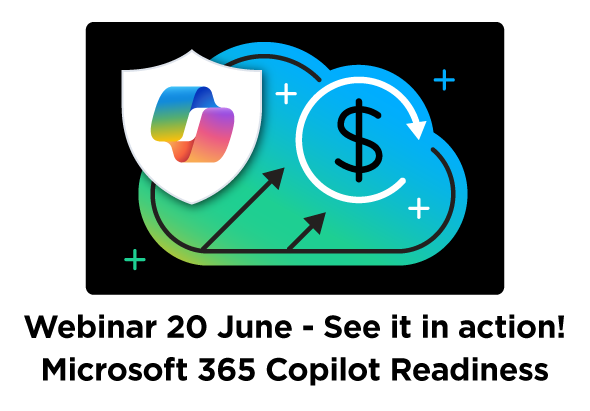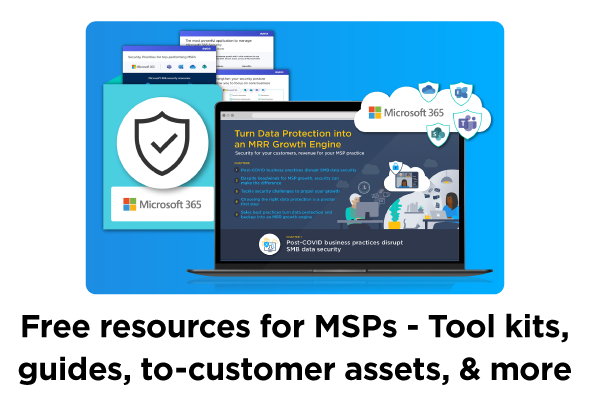Offices are transitioning into hybrid workplaces more than ever. The remote workforce is booming and digital collaboration is thriving. Services like Office 365 match the demand of online workers and teams with innovative ways to store data and collaborate. However, these open channels of communication and development also increase security exposure. There has been an uptick in data loss due to human error—over 80%, to be exact. Because small businesses are the most vulnerable, they are the most susceptible, and in some cases targeted. Data privacy and Office 365 backups are more important than ever, making backup retention paramount. But how does Office 365 backup retention work to protect sensitive data?
 Backup Retention
Backup Retention
Also known as “data retention”, backup retention is a company’s policy for retaining data to meet legal and business requirements. This can be anywhere from company policy to cooperating with GDPR standards. The company’s policy determines which backups are kept, the storage types used, and how long such data is stored. Office 365 may make for excellent storage of projects, data, and other company information. But, does it cover security? A second service backup plan does. When paired with Office 365, a cloud-based backup service provides the security you—and your customers—need. The backups are kept in secure cloud storage, and users can schedule them for retention or deletion.
 How a Backup System Works
How a Backup System Works
Ideally, your cloud-based backup operates inline with Office 365, but is distinct enough to not risk data exposure. It can be an additional service applied to a small business customer’s existing Office 365 platform. You want a system that works seamlessly in the background for Office 365 subscribers, without disrupting work or functionality. The backup service is solely for storing data in a secure, encrypted infrastructure. That way, if there is a data loss, corruption, or breach, the recovery period will not disrupt customer productivity. Think about data in Office 365 as a trapeze artist, and a backup retention service as a net. If anything goes wrong, the backup system is there to break the fall.
 Things to Consider
Things to Consider
Customers building a retention plan or investigating a backup system will be on the hunt for selective features. They will want to make sure their backup service neighbors Office 365 without too much overlap. This further protects and isolates the backup data from the active content. The backup service should be intuitive for small businesses, giving them quick and accurate data recovery. When a company suffers data loss, they want to bounce back as quickly as possible without suffering productivity. After all, they have staff and clients relying on them! A backup service should not just cover Office 365, but its collaboration tools as well, like Teams and Groups. The backup storage and retention should be unlimited and include any users deleted from access. In the event of a data breach, an organization will want to know efficient search and restore capabilities are at their disposal. Small businesses are always concerned about pricing—they have their bottom line to protect, after all. They also know that protecting themselves and their clients is priceless. Fixed pricing and easy-to-reach customer care are integral for meeting budgetary and safety requirements small businesses may have.
On average, it can take over 200 days for a data breach to be detected. During that time, businesses and organizations can suffer tremendous losses. This not only includes lost revenue, but lost trust and reputation among customers. Backup services can help catch and fix data issues quickly and accurately, securing business safety and longevity.
Skykick empowers IT providers with SaaS products and platforms that efficiently migrate, backup, and manage their customers in the cloud. Having a safe place for backup data means having a full-proof retention plan. Cloud-based collaboration and content creation are only as effective as their contingencies. Do not let customer data fall through the cracks when you can have a solid backup strategy instead.
–
Source:
influencive.com/human-error-is-still-the-number-one-cause-of-most-data-breaches-in-2021




